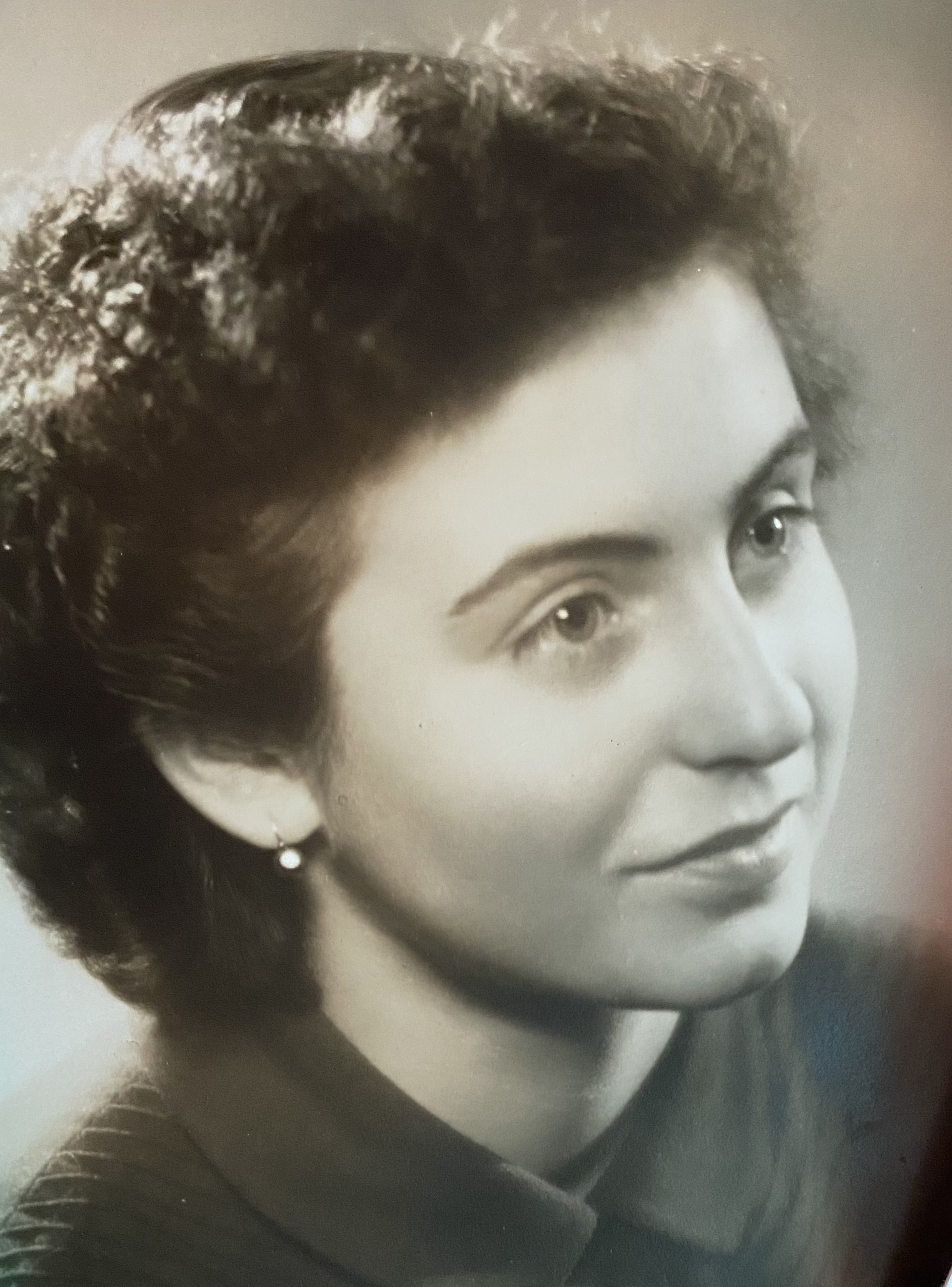When I was on the list, we always won

Download image
Emilie Hrabáková, birth name Červenková, was born on 30 June 1940 in the Beroun maternity hospital. She spent her childhood in Cerhovice. After completing her primary education, she transferred to an eleven-year school in Hořovice, where her classmate was, among others, the poet Václav Hrabě. She wanted to become a teacher at the first level of primary school, but that year this field of study was not opened. At the age of seventeen, she took a job as a senior accountant at the Czechoslovak Diesel Engine Works in Hořovice. After two years, she became a tutor in the after-school club at the Hostomice school. By then she was already studying pedagogy. After her marriage, she and her husband moved to Horní Bříza in 1961, where she taught at the primary school. Her lifelong positive attitude towards sports took her to the Strahov Spartakiads in 1960, 1975 and 1980. In 1985 she participated in the Spartakiada as a teacher accompanying children from the primary school in Horní Bříza. In 1968, she joined the Communist Party of Czechoslovakia, but was expelled from the party during the beginning of normalisation. She was able to remain in education. During the Velvet Revolution she participated in the Civic Forum, but she did not always get along with the people from the OF. When the first free local elections were held in the autumn of 1990, she had herself put on the OF candidate list in her home town of Horní Bříza. The preferential votes brought her to first place, but she did not join the town council, in the opinion of the witness, because of backroom deals. In the next municipal elections she did not enter the list of any political party and was elected on an independent ticket and became deputy mayor. In this position she was at the origin of the partnership between the town of Horní Bříza and Villeneuve-sur-Yonne in France. At the time of the 2021 shooting, she was living in Horní Bříza.








